
As the world observes 16 Days of Activism against Gender-Based Violence from 25 November to 10 December 2017, the United Nations in Ghana has called on governments, non-governmental organizations, religious and traditional leaders, communities and individuals to take individual and collective action against human rights abuse of women and girls.
A world free from gender-based violence and from discrimination is paramount to achieving the Sustainable Development Goals (SDGs), it noted.
The 2017 global theme, “Leave no one behind: End violence against women and girls” reflects the vision of the United Nations Secretary-General’s global UNiTE campaign to end violence against all women and girls.
The commitment to realizing this vision requires reaching out especially to the most underserved and marginalized women and girls among refugees, migrants, minorities, indigenous peoples, and populations affected by conflict and natural disasters.
Violence against women is one of the most extreme forms of discrimination. The UN Secretary-General’s 2017 report on progress towards the SDGs states: “On the basis of data from 2005 to 2016 for 87 countries, 19 per cent of women between 15 and 49 years of age said they had experienced physical and/or sexual violence by an intimate partner in the 12 months prior to the survey. “In 2012, almost half of all women who were victims of intentional homicide worldwide were killed by an intimate partner or family member, compared to 6 per cent of male victims.”
In Ghana, adolescent girls face high levels of sexual and gender-based violence and exploitation due to their low status in the community which may be attributed to their economic dependence, lower educational experience and the process of learning different social expectations/roles. More than 38% of adolescent girls aged 15-19 years are reported to have experienced at least one act of sexual violence (“Domestic violence in Ghana: incidence, attitudes, determinants and consequences”, Ghana Statistical Service, 2016). The actual number is undoubtedly higher, as many victims of violence do not report it for fear of victimization. Of course, in some cases sexual violence leads to adolescent pregnancy. Which means that in addition to being a victim of violence and having to deal with an unintended pregnancy, these girls are also at risk for dropping out of school – further jeopardizing their future prospects for employment, livelihood, self-fulfillment, and contribution to society.
UN Secretary General António Guterres stressed in his message for International Day for the Elimination of Violence against Women: “There is increasing recognition that violence against women is a major barrier to the fulfilment of human rights, and a direct challenge to women’s inclusion and participation in sustainable development and sustaining peace.” He indicated that as long as violence continues, “we will not achieve the 2030 Agenda for Sustainable Development.” Thus, as we implement the SDGs and work toward ensuring the underlying principle to leave no one behind is achieved, it is particularly important to recognize and protect the human rights of all women and girls and to end violence that they face on account of their gender.
In Ghana a strong partnership with government, CSOs, traditional and religious authorities and the people is needed to implement existing laws, enlist educational programmes, mobilize cultural and community leaders, eradicate harmful practices, including female genital mutilation, child and forced marriage, physical, emotional and sexual violence, sexual exploitation, domestic servitude and all forms of trafficking. The observance of the 16 Days of Activism against Gender-Based Violence is a reminder and an opportunity for all of us – citizens, public officials, political parties, the media, CSOs and Development Partners – to come together to keep women and girls in Ghana safe and free from gender-based violence and the threat of such violence.
The UN in Ghana recognizes the many events being held throughout the country during this period by CSOs, community groups and partners. Let us continue to build the momentum to ensure the human dignity of women and girls are protected and hold perpetrators accountable for their actions. Let us take a stand against the silence that too often surrounds gender-based violence in families, communities and societies. This is a chance for all of us to act in solidarity with and on behalf of millions of girls and women. We cannot afford to miss this opportunity.
Source: Cynthia Prah, UNIC Accra
Read Full Story



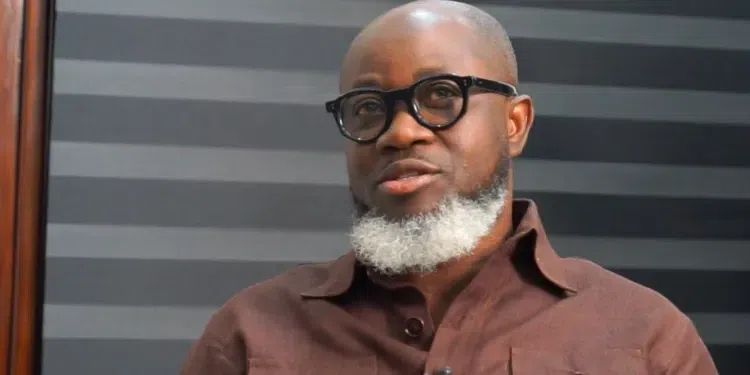
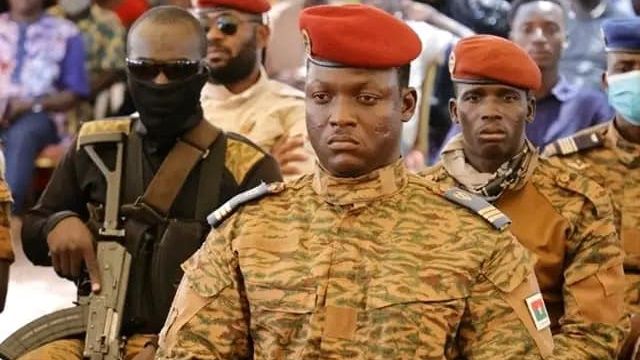
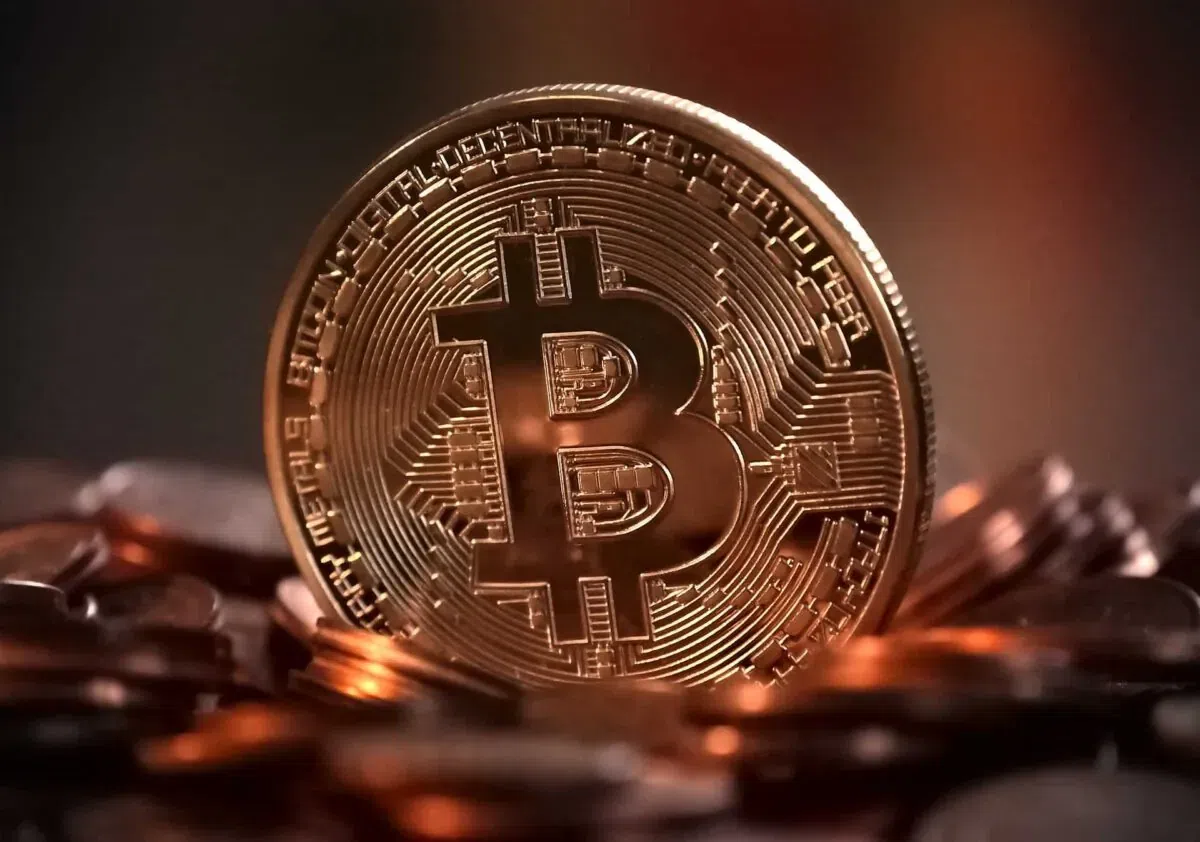
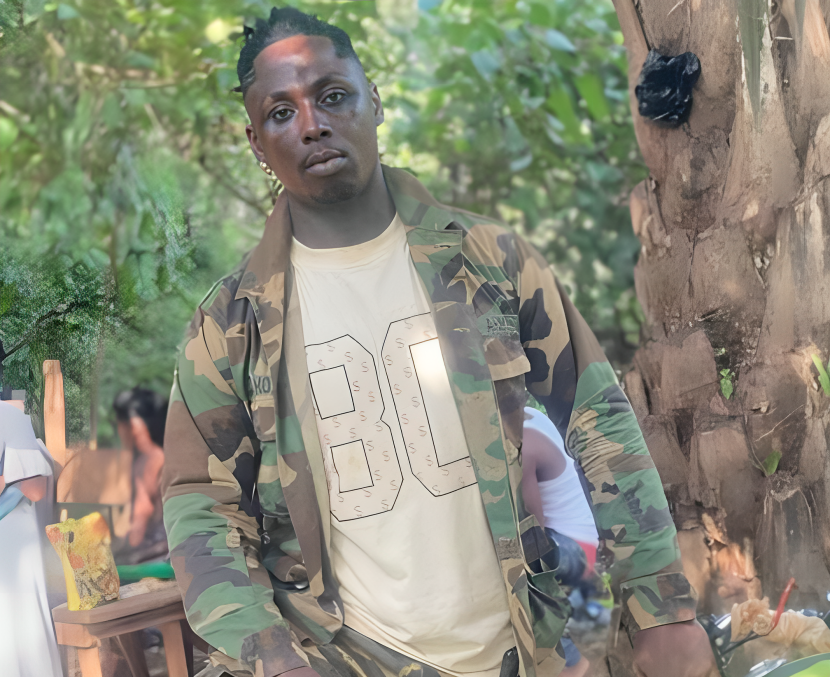
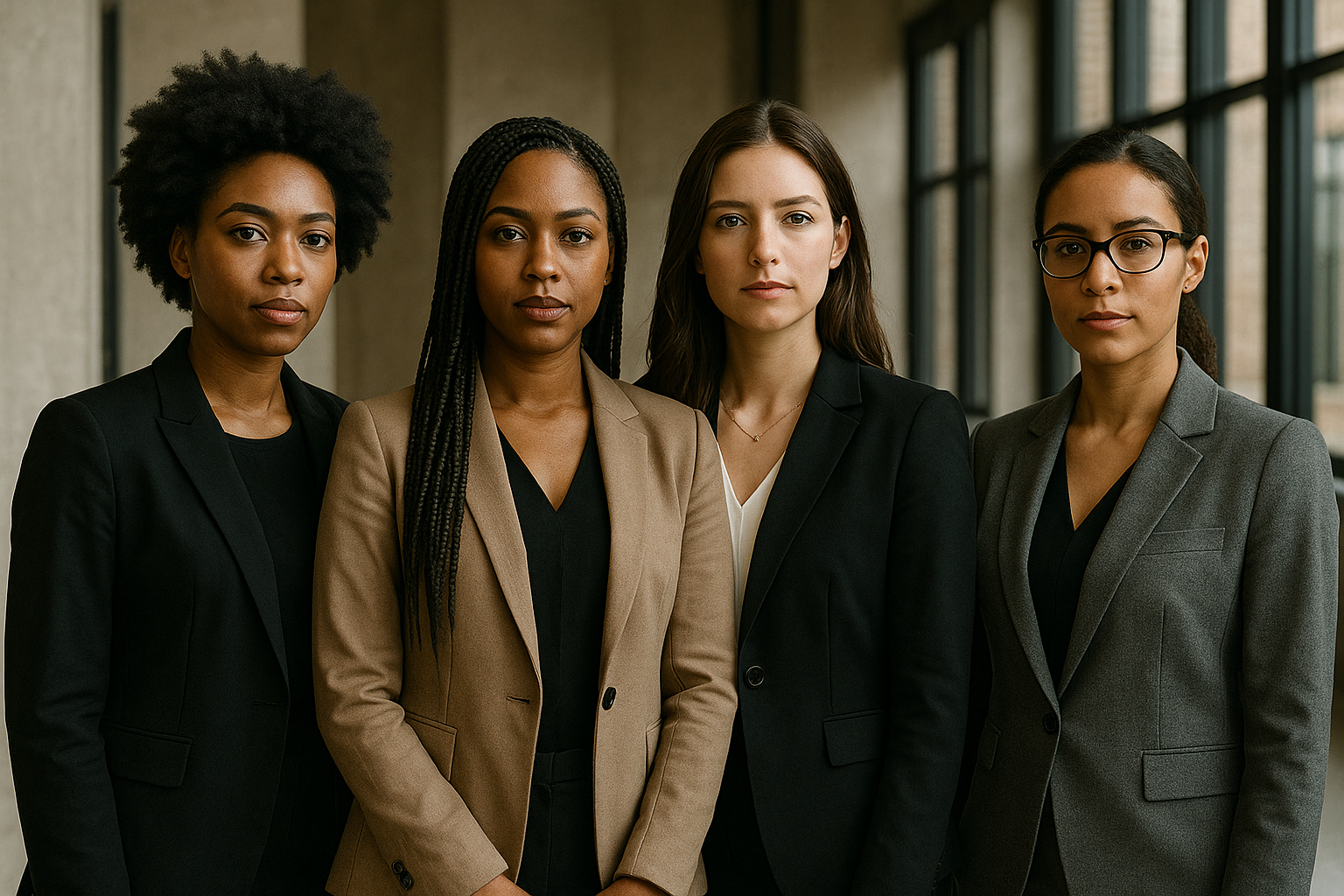
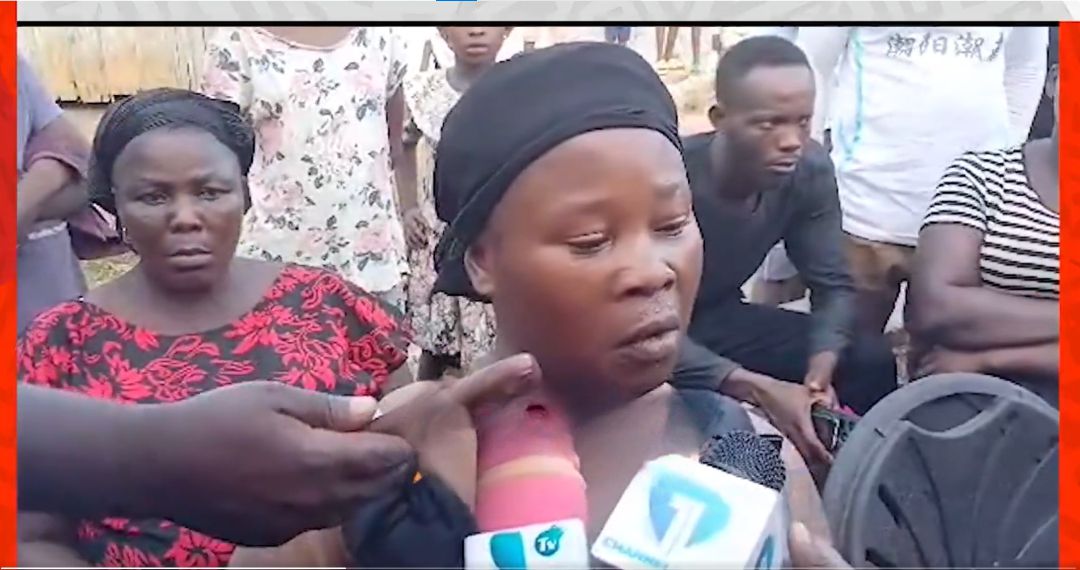

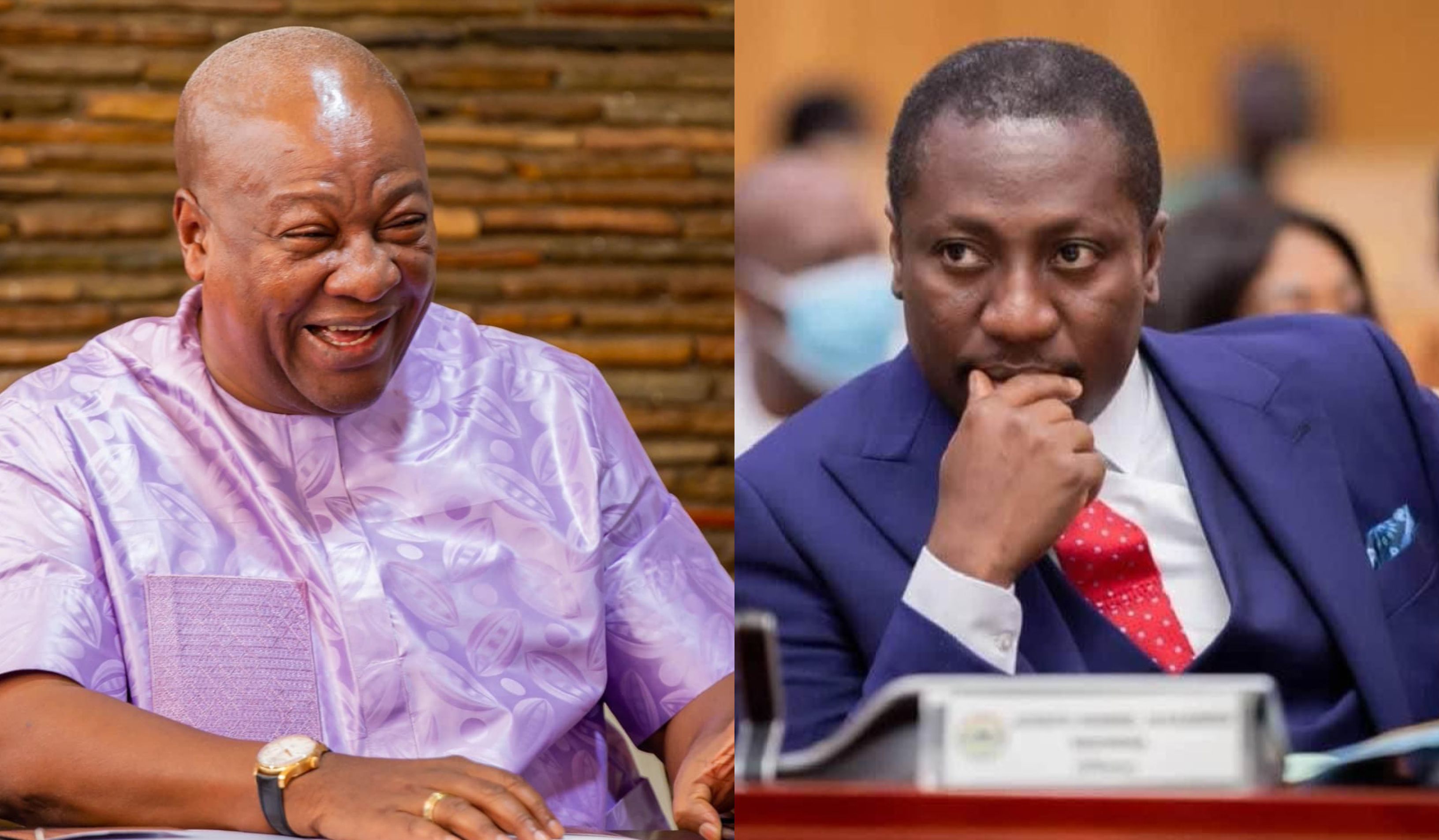

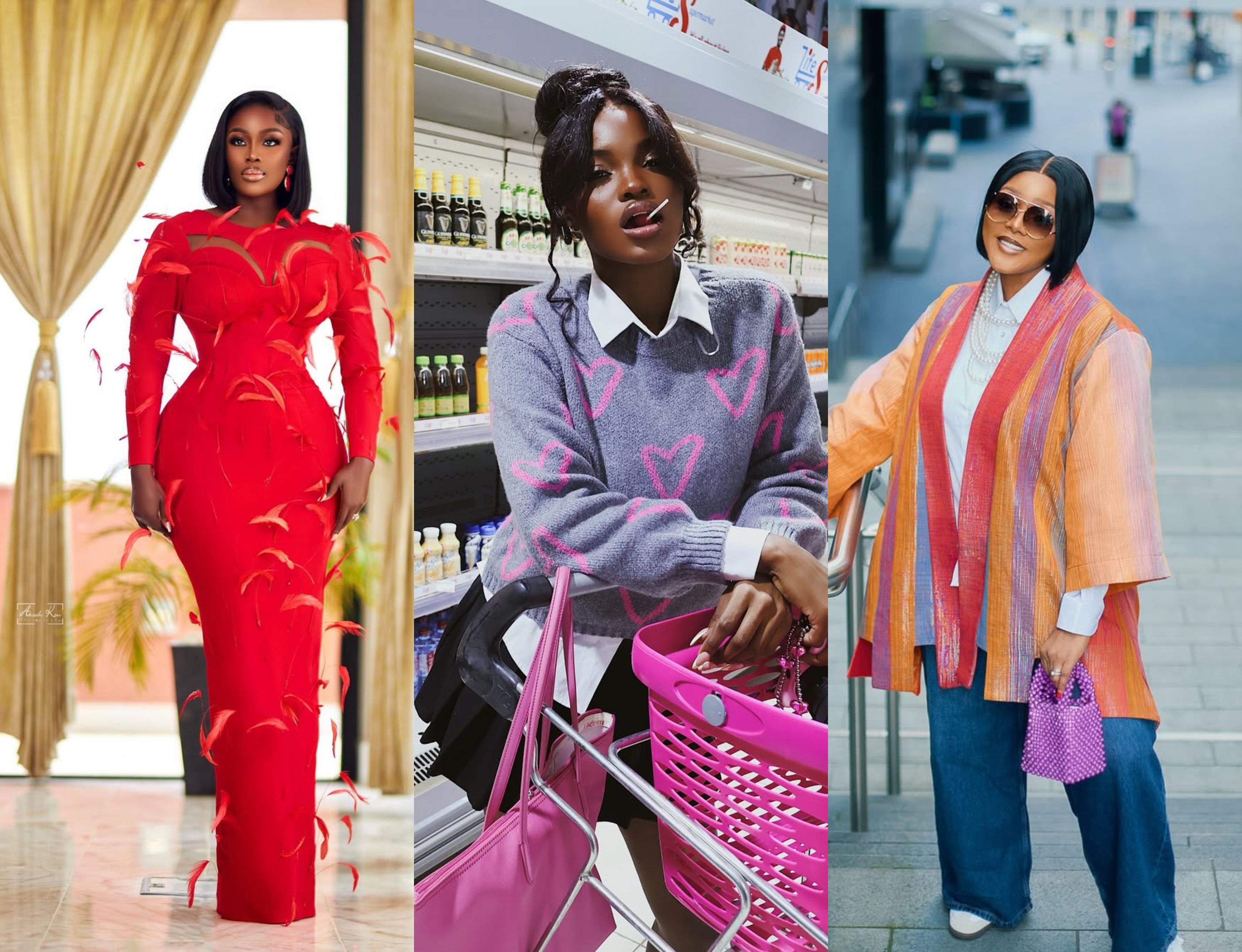




Facebook
Twitter
Pinterest
Instagram
Google+
YouTube
LinkedIn
RSS